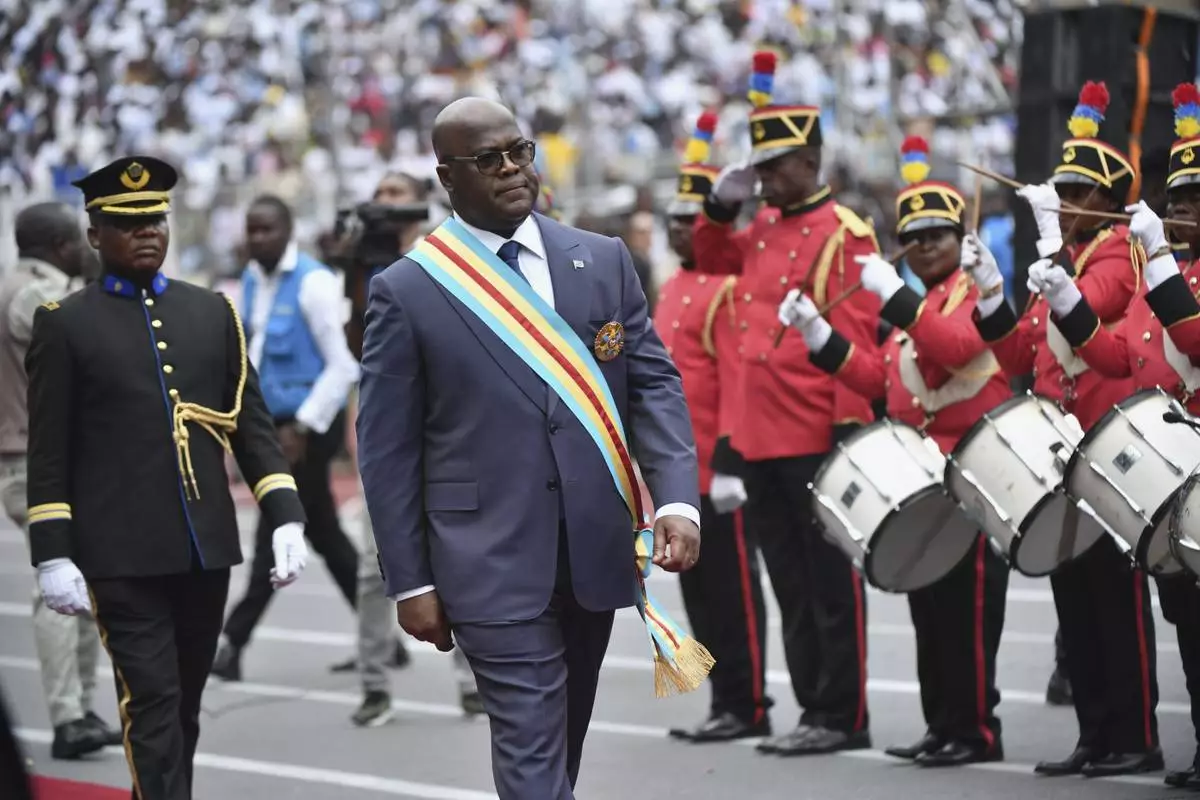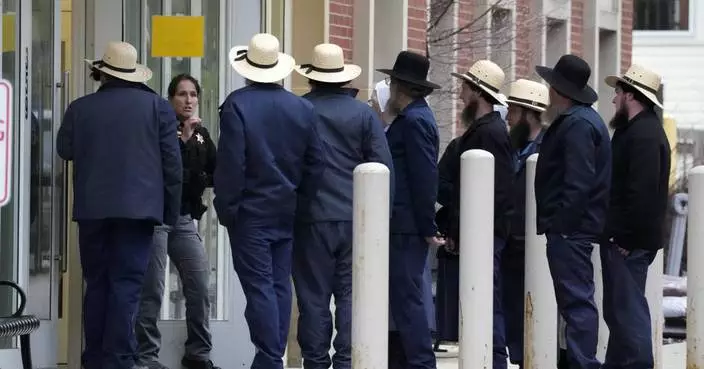It was finally detected after four visits to Craigavon Area Hospital in Co Armagh, and the Royal Victoria Hospital in Belfast.
A woman in Northern Ireland lived with a plastic pill packet lodged in her throat for 17 days, a medical journal has reported.
The patient, who is in her 40s and has not been named, swallowed the packet of the painkiller Tramadol in the middle of the night last November.
It was finally detected after four visits to Craigavon Area Hospital in Co Armagh, and the Royal Victoria Hospital in Belfast.
She first went to the Emergency Department the following morning complaining of discomfort and difficulty swallowing.
There she was described as “fit and well”, and the ears, nose and throat team observed she was tolerating fluids, had no airway difficulties and could mobilise her neck, according to a report in the BMJ Journals.
The pill packet did not show up in X-rays and was not detected at this stage.
Doctors told her to come back if there was no improvement.
The woman was back in hospital three days later.
She was treated with steroids and painkillers for 48 hours until her symptoms improved and was then discharged.
Five days later, a barium swallow scan was carried out at a hospital, but returned normal results.
It was during a later outpatients appointment that the pill packet was detected during an oesophago-gastroduodenoscopy (OGD) scan.
It was safely removed some 17 days after ingestion.
The patient was quoted as saying: “I had no idea I swallowed this.
“It was a very frightening three weeks and I couldn’t believe when I saw the picture.”
David McCrory wrote about the extraordinary case for BMJ Journals.
“She had swallowed her Tramadol tablets whole in the original foil packet which was lodged in the upper oesophagus,” he wrote.
“She underwent rigid oesophagoscopy and removal of foreign body uneventfully (17 days after ingestion of her tablets) and she was discharged after a period of observation.”
KINSHASA, Congo (AP) — Congolese President Felix Tshisekedi on Monday appointed the country's first female prime minister, fulfilling a campaign promise and taking an important step toward the formation of a new government after his reelection late last year.
Former planning minister Judith Suminwa Tuluka will step into the role at a time of worsening violence in the country's mineral-rich east, which borders Rwanda. The long-running conflict has displaced more than 7 million people according to the United Nations, making it one of the world's worst humanitarian crises.
Tuluka promised to work toward peace and development in her first speech on state television following her appointment. Still, it could be months before a new government is formed as the process requires intensive negotiations with the many political parties.
“My thoughts go out to the east and to all corners of the country, which today are facing conflicts with enemies who are sometimes hidden,” she said, referring to the conflict that involves many armed groups, including some believed to be backed by Rwanda's military. "I’m thinking of all these people, and my heart goes out to them.”
Far from the nation’s capital, Kinshasa, eastern Congo has long been overrun by more than 120 armed groups seeking a share of the region’s gold and other resources as they carry out mass killings.
Both regional and U.N. peacekeepers have been asked to leave Congo after the government accused them of failing to resolve the conflict. Violence has only continued to worsen as the withdrawal of personnel begins and Congolese authorities move into their positions.
Bintou Keita, the top U.N. envoy to Congo, told the U.N. Security Council last week that the prominent rebel group known as M23 had made significant territorial gains in the east, which was contributing to the spike in violence and surging numbers of displaced people.
Reelected to a second five-year term in December, Tshisekedi has blamed neighboring Rwanda for providing military support to the rebels. Rwanda denies the claim but U.N. experts have said there is substantial evidence of their forces in Congo.
The United States last month urged Congo and Rwanda to walk back from the brink of war.
The U.S. State Department also said Rwanda should withdraw troops and surface-to-air missile systems from eastern Congo and criticized M23, calling it a “Rwanda-backed” armed group.
The Rwandan Foreign Ministry said last month that the country’s troops are defending Rwandan territory as Congo carries out a “dramatic military build-up” near the border.
Follow AP’s Africa coverage at: https://apnews.com/hub/africa

FILE - Congo's President Felix Tshisekedi reviews an honor guard during his swearing-in ceremony for a second term in Kinshasa, Democratic Republic of the Congo, Saturday, Jan. 20, 2024. Tshisekedi appointed the country's first female prime minister on Monday, April 1, fulfilling a campaign promise and making an important step towards the formation of a new government after being reelected late last year. (AP Photo/Guylain Kipoke, File)





